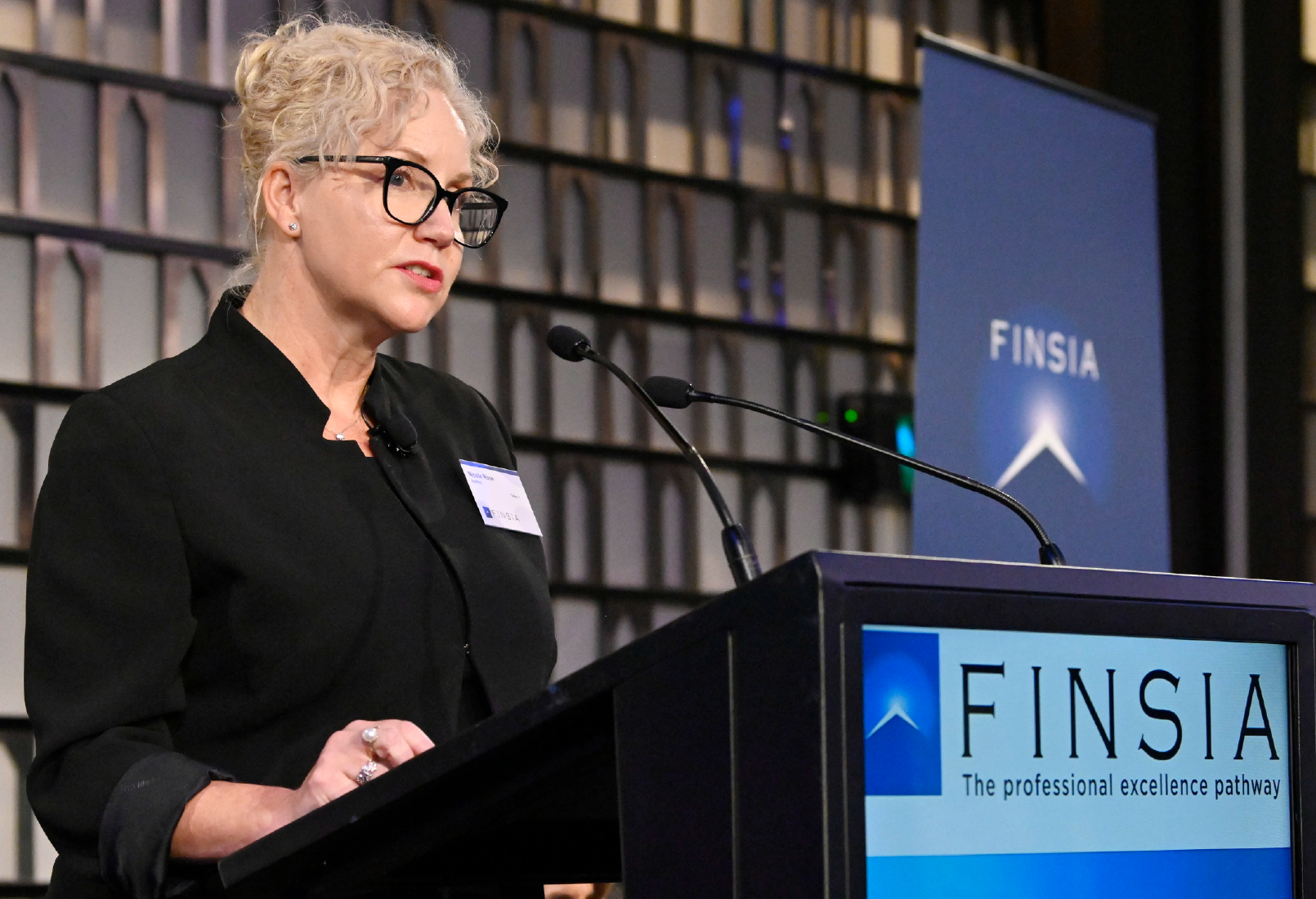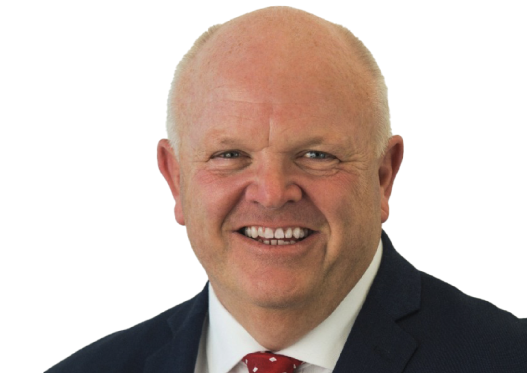The most popular of FINSIA’s new suite of Microlearning courses is Anti-Money Laundering Essentials, but given high-profile cases against financial institutions it’s perhaps easy to understand why.
Recent history has shone a light on numerous breaches by our major banks, bookmakers and casinos, as criminals have funnelled between $10 and $15 billion through the economy a year.
Australian banks were the second most fined banks in the world, only surpassed by the US, according to research carried out in 2020. The US$981 million they were forced to pay in fines is arguably dwarfed by the reputational damage that lingers.
Another report - by the global watchdog Financial Action Task Force (FATF) and the Asia/Pacific Group on Money Laundering - pointed out that work was needed to avoid being labelled a safe haven for money launderers.
While that report dates back to 2018, AUSTRAC chief executive Nicole Rose is concerned that Australia does not get “grey listed” because of a lack of progress following the scandals of the past decade when institutions were prosecuted for a lack of oversight that led to billions of dollars being funnelled through the country’s banking system. The image of millions of dollars being stuffed into supposed smart ATMs made headlines around the world and will be etched into the memories of risk officers.
“Combating money laundering is more important now than ever before,” Ms Rose wrote in an op ed late last year.
“While estimates of scale of money laundering are always fraught, the United Nations has previously estimated that the amount of money laundered globally on an annual basis is 2 per cent to 5 per cent of global GDP.
“Australia must be at the forefront of fighting this key enabler of organised crime if we are going to have a real impact on criminals profiting from harming the Australian community.
“In a few years FATF, the global AML/CTF watchdog, will conduct an in-depth country analysis of Australia’s anti-money-laundering ecosystem. This will be a test of the systems, processes and legislation Australia has in place.
“FATF assessments are often contentious and the real impact they have on countering money laundering varies from country to country.
“That being said, it is the only recognised international system we have and the outcomes for economies are real. Grey-listing or increased monitoring by FATF is not a title Australia wants to earn.
“That’s why it’s so important that all players in the environment remain committed to doing all they can to fight financial crime.”
FATF’s next report will be in 2026, a decade after its assessment resulted in the need for “an enhanced follow-up process”.
In 2018 FATF, as a result of actions taken to strengthen Australia’s AML/CFT framework, re-rated seven of its 40 recommendations. “Today, the country is compliant with 12 Recommendations, largely compliant with another 12 Recommendations, but remains partially compliant with 10 Recommendations and non-compliant with 10,” it noted.
The outcome of Operation Avarus-Midas in February - deemed one of the largest and most complex money laundering investigations in the Australian Federal Police history - highlights why Ms Rose, who was one of the speakers at FINSIA’s prestigious The Regulators event last year, wrote that AML is still a necessary focus for the authorities.
The investigation involved officers working with AUSTRAC and bank staff to seize $29 million in cryptocurrency, designer watches, cars worth $1 million and firearms.
Twenty properties across Sydney — including two homes in the eastern suburbs worth a combined $19 million — were restrained. A block of land worth more than $47 million was seized.
It's alleged laws preventing people in Australia from transferring money out of China were circumvented by using a broker linked to the syndicate to obtain funds in Australia.
A 10% fee was taken and customers were required to deposit their money in a Chinese bank account controlled by the money launderers.
The fact that property provides such a large-scale opportunity to launder money highlights why there have been ongoing calls for real estate agents to come under the remit of AUSTRAC regulations.
“Restate agents are not currently covered under the AML/CTF Act,” a spokesperson confirmed this week.
“AUSTRAC and our law enforcement partners know that real estate and high-value goods including precious stones, vehicles and other luxury goods are attractive to criminals who seek to legitimise the profits they make from illicit activities.”
They added that effective education was one of the ways that AUSTRAC ensured better compliance.
Another area where enhanced awareness campaigns are in place is in the pubs and clubs sector as gaming machines can be exploited as a way of laundering money. Learn more about Anti-Money Laundering Essentials here.








